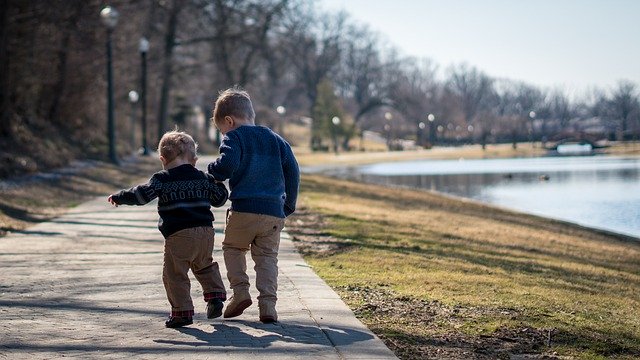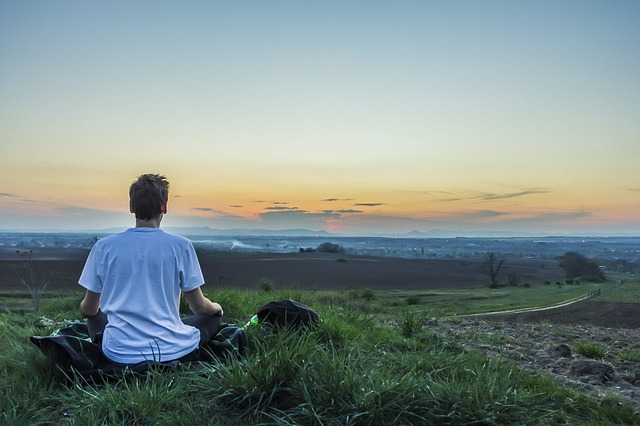The concept of “Compassionate Leadership” has its foundations in the global mindfulness movement. One example of this foundation is the book by Amanda Sinclair, Leading Mindfully. She has a chapter on Bringing Love and Compassion into Leadership in this very readable and eminently practical book. In this chapter she draws on the example of Paul Roos, who coached Sydney Swans to their first AFL premiership.
The emergence of compassionate leadership
LinkedIn published an article in 2014 on the benefits of compassionate leadership and the traits of compassionate leaders. In 2017, Forbes produced an article on Compassionate Leadership: A Mindful Call to Lead from Both the Head and the Heart which tracks why compassionate leadership has evolved to its prominence today. The article recognises the seminal work of Google in developing mindful leadership through The Search Inside Yourself Program which is now available world-wide through the Search Inside Yourself Leadership Institute. The program was initially conducted over seven weeks in Google and is now offered globally as a two-day mindful leadership course covering mindfulness, emotional intelligence, neuroscience, and compassion.
The currency of the compassionate leadership approach has been reinforced by Forbes. In January 2020, Forbes published an article, How to be a more compassionate leader (and why it’s so important), which provides some practical steps to develop compassionate leadership including compassionate listening and helping to make other people’s lives better.
Developing compassionate leadership through mindfulness
In October 2020, Forbes published another article which recommends mindfulness practice as a way to develop Compassionate Leadership. The author, Laurel Donnellan, drew on the work of Darrell Jones, General Manager of Chill. Darrell recommends three basic elements – focus on inner transformation, value quality of mindfulness practice (however brief) over quantity (and the related “shoulds”) and find refuge in your practice whatever form it takes (e.g. meditation, Tai Chi, mindful reading or prayer) in challenging times, especially in times of grief. Darrell also suggests that we focus on “togethering” – putting our connectedness before our separateness. One way to do this is to consciously practise “compassionate listening” to those who have a different perspective or cultural background, seeking to create conversations that are inclusive.
During the Radical Compassion Challenge, both Jon Kabat-Zinn and Tara Brach reinforced the need for mindful listening to personal stories as a stimulus to compassionate action and highlighted mindfulness practice as a way to remove the blockages (such as fear of failure or unrealistic assumptions) to taking kindness-inspired action.
Chade-Meng Tan, author of Search Inside Yourself and founder of the Google program of the same name, stressed the role of mindfulness in developing personal insight, compassionate action, and the capacity to inspire others. His personal vision is to contribute to world peace through the development of compassionate leadership globally and he views mindfulness as the pathway to achieve this goal.
Many mindfulness practitioners and researchers see self-compassion, developed through mindfulness, as a source of insight and motivation for compassionate leadership. Tara Brach, for instance, argues that mindfulness can help us to overcome negative self-evaluation, sensitize us to the needs and hurt of others and free us up for compassionate action. Pema Chödrön maintains that “compassionate abiding” in our own pain and suffering as a form of mindful self-compassion builds resilience and acts as a doorway to compassion for others. Kristin Neff, author of The Mindful Self-Compassion Workbook, maintains that self-compassion is not self-pity or self-indulgence but helps us to understand our connectedness to others through sharing the human condition of pain and suffering.
Reflection
Mindfulness helps us overcome self-absorption, our sense of separateness, negative self-narratives and resentment and, in the process enables us to see more clearly our connectedness, identify our capacity to helps others and to find the courage and creativity to put our compassionate ideas into action. As we grow in mindfulness through meditation, reflection, and mindfulness practices, we build our capacity for compassionate leadership that not only enables us to take compassionate action but also inspires others to do likewise.
___________________________________
Image by Joshua Choate from Pixabay
By Ron Passfield – Copyright (Creative Commons license, Attribution–Non Commercial–No Derivatives)
Disclosure: If you purchase a product through this site, I may earn a commission which will help to pay for the site, the associated Meetup group and the resources to support the blog.





